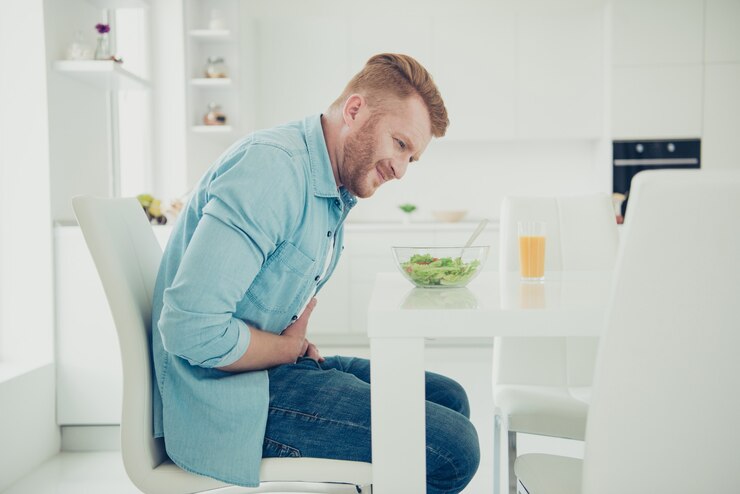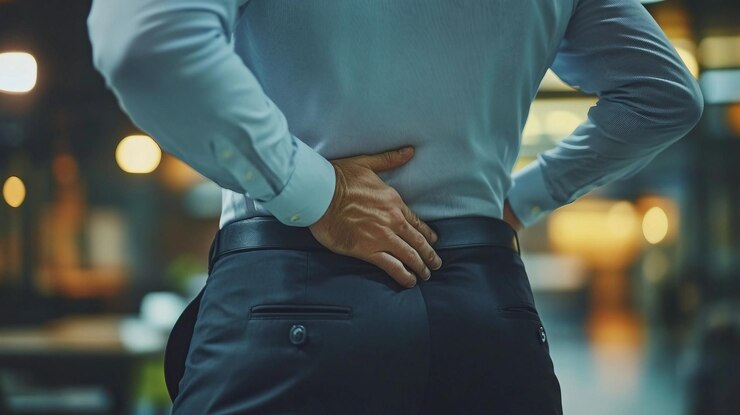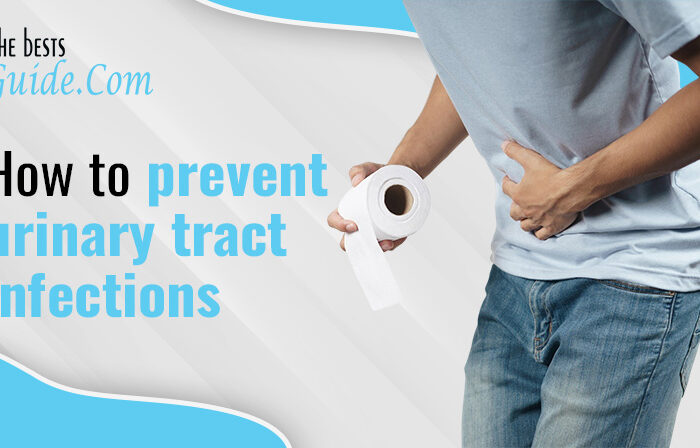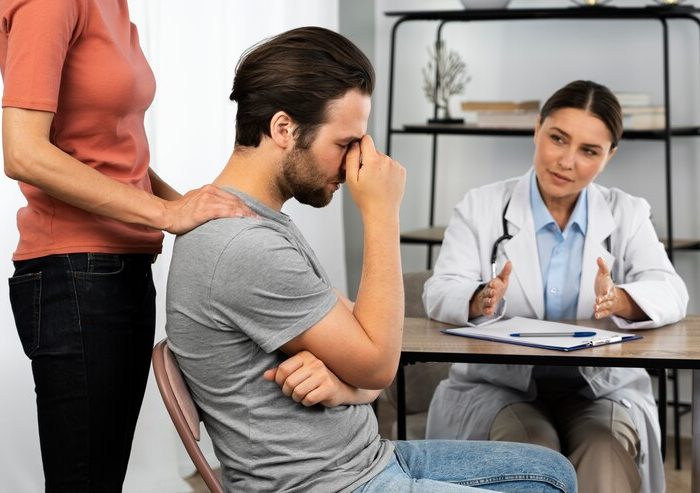Most medical disorders are accompanied by additional related illnesses. When a secondary sickness is caused by the initial one, we often experience unimaginable consequences. Let’s talk about the relationship between urinary tract infections and piles here. These symptoms of a urine or bladder infection are common in children, women, and men.
- Urine smells bad.
- Too often going to the toilet is referred to as “urgency.”
- A feeling of pressure or cramping in the abdomen or lower back
- Urine with blood in it
- Pee that is hazy
- Sharp discomfort or a burning feeling when urinating
- Urinary difficulties and frequent false alarms
- A fever
There are many options available for piles treatment in Ludhiana such as medications, lifestyle changes, and in some cases surgery.
Understanding piles and their causes:
Piles are swollen blood vessels in the rectal and anal area, which can lead to pain, itching, and discomfort during bowel movements. They can be internal or external. Common causes of piles include chronic constipation, prolonged sitting, heavy lifting, pregnancy, and a lack of dietary fiber. Rectal bleeding, discomfort, and itching are various symptoms that cause piles.

Are urine and piles related in some way?
Constipation is the most common cause of piles, and bowel dysfunctions are related to piles. Improper Bowel movements and troubling clearance of stool can cause you to strain a lot in your toilet seat which increases your risk of developing Piles, forming lumps, or bulges. However, sometimes you face difficulties in emptying your bladder after open surgery (which is the surgical removal of piles that may be inside or on the opening of the rectum). This further causes bacterial infection in the bladder and Urinary tract. Damage to the sphincter muscle may result in bowel and urine issues. If you are dealing with urinary issues, consulting the best urologist in Ludhiana can help pinpoint the cause and explore effective treatment options.
The connection Between piles and urinary Complications:
Although piles indirectly contribute to urinary complications in a few ways:
- Increased Inflammation and strain: Extremely severe or inflamed piles can put strain on the bladder and urethra, two adjacent systems. This pressure may cause problems with the bladder or a feeling of insufficient bladder emptying. In addition to making prolonged sitting uncomfortable, painful or bloated piles may also have an indirect impact on urinary health.
- Urinary and Straining Issues:Constipation is common in people with piles, and it can cause them to strain unnecessarily when they have to go to the toilet. The pelvic region may be compressed by this straining, which could impair bladder function and make it more difficult to pass urine.
- Pelvic Floor Dysfunction: In certain people with chronic piles, prolonged straining and pressure on the pelvic muscles can result in pelvic floor dysfunction. Urinary symptoms like urgency, frequency, and incomplete bladder emptying can result from dysfunction in the pelvic floor muscles, which regulate both bowel and bladder processes.
Symptoms to watch out for:
- Pain or burning sensation during urination.
- Difficulting starting or maintaining urine flow
- Frequent urge to urinate, especially at night.
- Sensation of incomplete bladder emptying.
It is essential to consult healthcare professionals if these symptoms persist or worsen. Piles treatment in Ludhiana options range from non-invasive procedures like dietary changes and medications to surgical solutions for severe cases.
Treatment options for piles and Urine complications:
- Lifestyle and dietary changes: increasing water intake to at least 7-8 glasses of water and avoiding heavy lifting can relieve constipation which may reduce or develop the piles and related urinary symptoms. Whole grains are beneficial for digestive health and maintaining a diet rich in fruits, vegetables may help to relieve the need for straining.
- Medication: Some treatments such as cream, ointments for oral pain relievers help to manage the discomfort of piles. Sometimes the doctor prescribed laxatives and stool softeners to make bowel movement easiest and minimizes the pressure on the pelvic floor.
- Minimally invasive procedures are available: For those who are suffering from severe or persistent piles, minimal treatments are available such as rubber band ligation,sclerotherapy and infrared coagulation. These treatments target the swollen veins and give you some relief.
- Consulting the best urologist in Ludhiana: If you are suffering from urinary symptoms then consult a urologist who can perform some tests and determine the underlying conditions such as UTI, bladder dysfunction or even post related issues in men. Urologists can prefer treatment or medication according to your condition.
- Surgical option for critical cases: In some cases where both urinary and piles symptoms are critical and non surgical options are ineffective, that is where doctors suggest surgery. For piles Hemorrhoidectomy is a surgical procedure . This surgical treatment helps to reduce pressure and inflammation which can alleviate associated urinary symptoms.

Conclusion: Piles and urinary tract infections are distinct issues and sometimes they impact each other. Proper treatment and medication can help to relieve further complications. The main reason for the pile’s problem is people have the urge to pee. Therefore take necessary action when you see any symptoms that are mentioned above, consult the best doctor that clearly examines your problem, and give the best solution to avoid urinary infection due to piles.




Leave A Reply